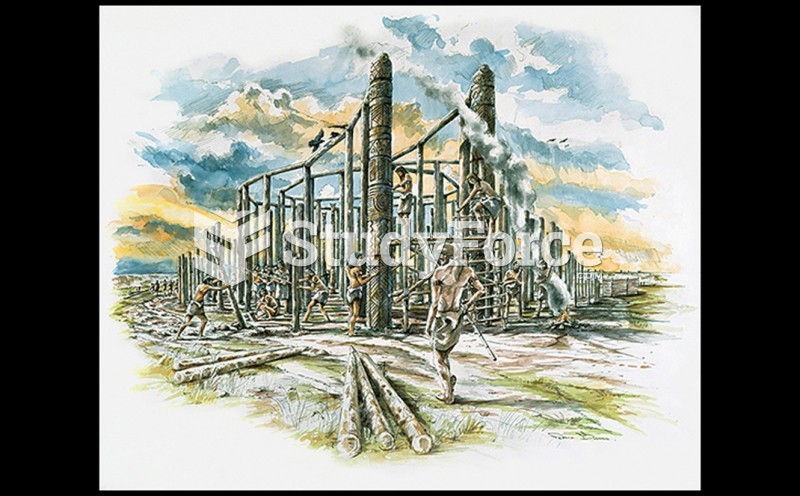|
|
|
Cytomegalovirus affects nearly the same amount of newborns every year as Down syndrome.
People with high total cholesterol have about two times the risk for heart disease as people with ideal levels.
There can actually be a 25-hour time difference between certain locations in the world. The International Date Line passes between the islands of Samoa and American Samoa. It is not a straight line, but "zig-zags" around various island chains. Therefore, Samoa and nearby islands have one date, while American Samoa and nearby islands are one day behind. Daylight saving time is used in some islands, but not in others—further shifting the hours out of sync with natural time.
Warfarin was developed as a consequence of the study of a strange bleeding disorder that suddenly occurred in cattle on the northern prairies of the United States in the early 1900s.
Every flu season is different, and even healthy people can get extremely sick from the flu, as well as spread it to others. The flu season can begin as early as October and last as late as May. Every person over six months of age should get an annual flu vaccine. The vaccine cannot cause you to get influenza, but in some seasons, may not be completely able to prevent you from acquiring influenza due to changes in causative viruses. The viruses in the flu shot are killed—there is no way they can give you the flu. Minor side effects include soreness, redness, or swelling where the shot was given. It is possible to develop a slight fever, and body aches, but these are simply signs that the body is responding to the vaccine and making itself ready to fight off the influenza virus should you come in contact with it.
 Children with attention deficit disorder with hyperactivity (ADHD) diagnoses typically need a quiet, ...
Children with attention deficit disorder with hyperactivity (ADHD) diagnoses typically need a quiet, ...
 Early cities were small economic centers surrounded by walls to keep out enemies. These cities had ...
Early cities were small economic centers surrounded by walls to keep out enemies. These cities had ...





